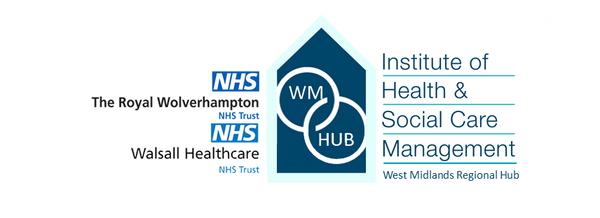
7 minute read
West Midlands - Leadership for Allied Health Professionals
Leadership for Allied Health Professionals
Authors: Dr Ros Leslie, Dr Nicky Eddison and Edward Lee
Trust: RWT
Allied health professionals (AHPs) are the NHS’ third largest workforce, practising in most clinical pathways across all stages of the patient’s pathway, working across organisational boundaries and contributing to the transformation of healthcare1. Strong and effective leadership is therefore crucial. The introduction of senior leadership positions in Trusts is more likely to lead to the sharing of AHP innovations that had a positive impact on patients’ and system outcomes. Moreover, the more senior an AHP leader, the more engaged AHPs are in improvement work2. Strategic Chief AHP leadership therefore benefits improvement activity, as well as influencing the AHP workforce on the Trust’s priorities3. Thus, the need for professionally diverse leadership, including senior clinicians at board level, increases the likelihood of meeting the complex challenges facing the NHS4.

Successful leaders will build on profession-specific, clinical foundations to take on multi-professional, system-wide and strategic activities3.

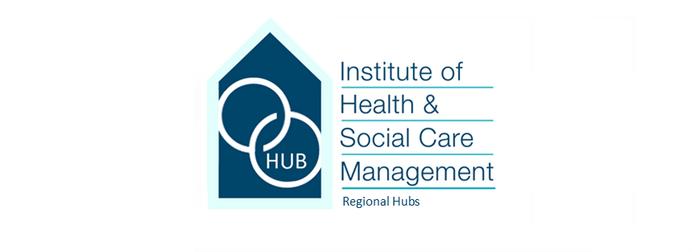
May 2022

A typical AHP leadership career pathway will comprise of knowledge, skills, experiences, personal qualities and attributes developed throughout their AHP career3. In 2017, Health Education England (HEE), NHS England (NHSE) and NHS Improvement (NHSI) worked in partnership to develop a national, multi-professional framework for advanced level practice5, to ensure a standardised approach. Advanced level practice is a level of practice characterised by a high level of autonomy and complex decision-making, underpinned by Masters’ level education or equivalent, that encompasses four domains: management and leadership, education, research, and area specific clinical competence5. These domains are expressed as pillars of advanced practice (Figure 1).


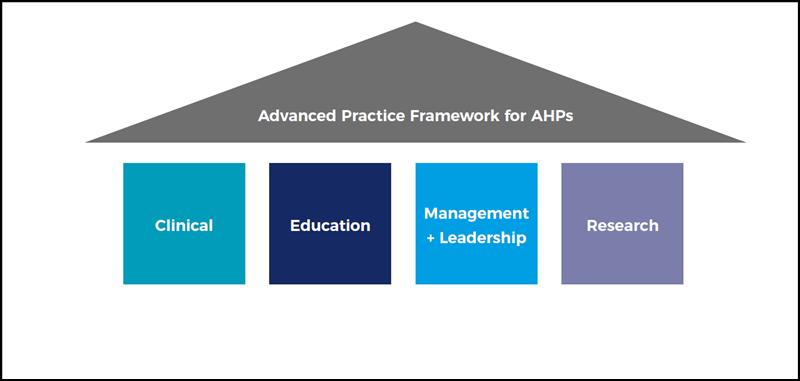

May 2022 22


My experience – Nicky Eddison I was lucky enough to win a place on the fully funded AHP cohort for the ‘Rosalind Franklin NHS Leadership course’. The course started in January 2020 and involved three back-to-back full day workshops (face to face) which were intense and at times a little strange. There didn’t seem to be a structured learning outcome, which for a traditional learner like me, was very strange and initially, I found myself questioning whether this was the right course for me.
By the end of day three, we had been split into small “impact groups” and we spent the afternoon discussing our “life journey” which was intense and slightly strange and certainly encouraged us to step outside of our comfort zone, be vulnerable and share information. However, the experience had a hugely positive impact on how the group bonded and started working together. I began to realise that the learning methods were going to be a whole new experience for me and a real learning curve.
Our impact group was due to meet again in April 2021 but due to COVID everything switched to a virtual learning platform, but this didn’t weaken the bond that the group had already formed. During our group impact days, we discussed the learning outcomes we had been working on between group meetings, which included:


May 2022
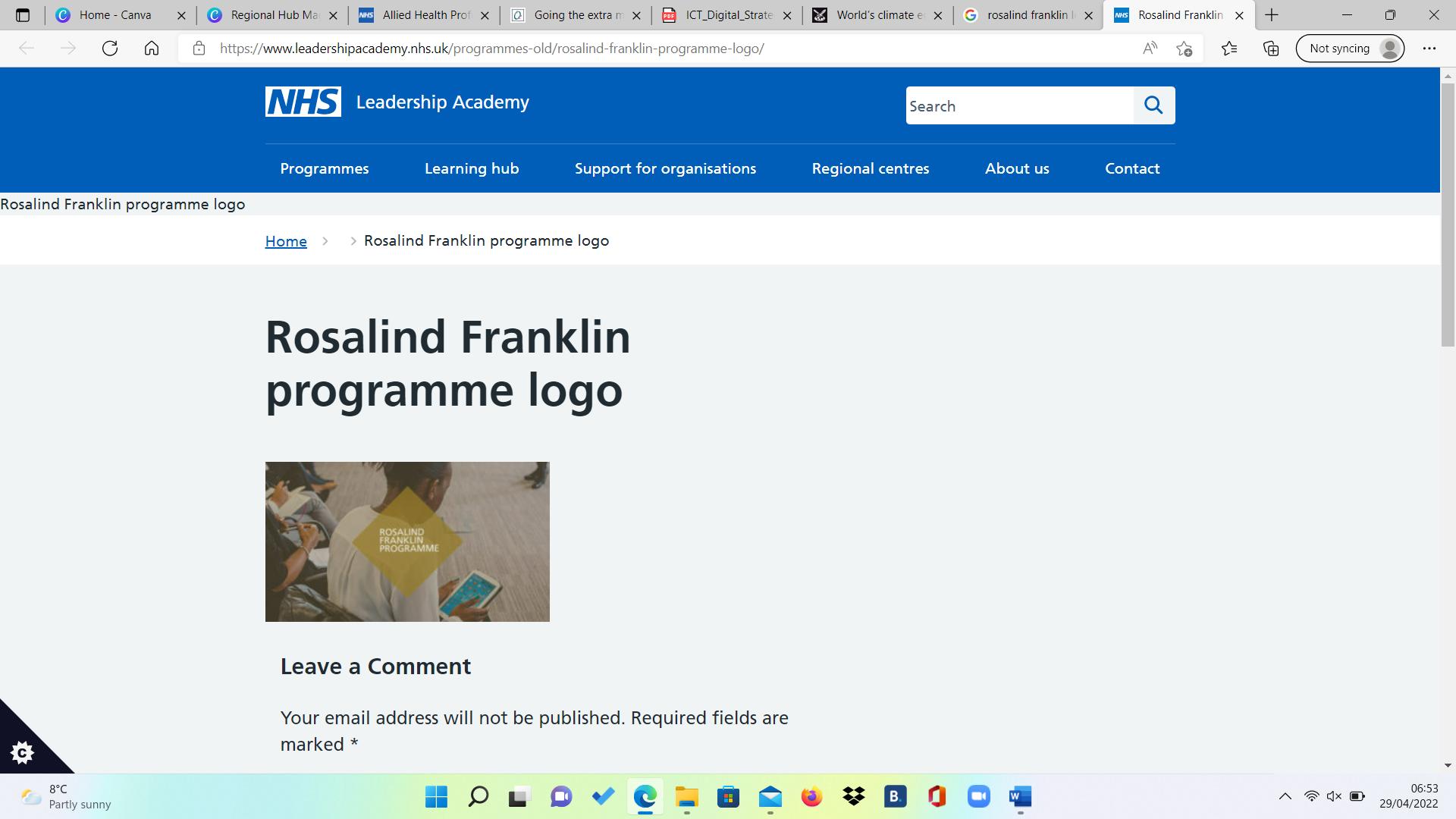

Emotional intelligence - Unconscious bias - The ladder of inference The triangle of drama - Valuing differences and fostering inclusion Learning to learn - 360 feedback - Understanding system types System thinking - Mapping systems - Effective leadership in complex systems The impact of teams - The difference between teams and groups of people - Theories of change - Managing change - Planning for change - Leadership styles and their impact - When things go wrong
The above is not an exhaustive list of the course content but will give you an idea of the breadth of information covered. Throughout the course you are reminded to use all the information you have learnt and the skills you have developed, to plan your final assignment which is a 5000-word “integration project”. The criteria are simply that it is rooted in your workplace and focused on an improvement of some kind.
Verdict
I would wholeheartedly recommend this course, the content is detailed, and the method of teaching is varied, engaging and practical. Most importantly, the skills you learn are immediately useful in a workplace setting. I certainly changed how I lead my team as a direct consequence of the skills I learned on this course. If you get the opportunity to get a place on the Rosalind Franklin Leadership course, take it, you won’t regret it.


May 2022

My experience – Edward Lee
Upon noticing an advert within the training section of the Trust Brief in 2019, with the support of my manager, I applied for the MBA Senior Leader Master’s Degree Apprenticeship (SLMDA) qualification through the University of Wolverhampton. After securing an interview, I was very fortunate to be offered a place and embarked upon my leadership development journey in September of the same year. This opportunity enabled me to advance my leadership and management skills through academic study whilst enabling me to apply theory into practice within my day-to-day role which was evidenced through compiling a comprehensive portfolio.

The programme of study included many different aspects of leadership and management including human resources and leadership, general business operations, entrepreneurialism in business, managing financial performance, strategic management and leadership and completion of a business research project. The course topics were varied and enabled me to explore my leadership style and how I could develop this through practical application.

The overall programme of study concluded with an end point assessment (EPA) conducted by the Chartered Management Institute (CMI).


May 2022

This gave me an opportunity to showcase the work that I had undertaken throughout the programme and evidence how I had advanced my skills and knowledge in the field of leadership and management. Despite the challenges that COVID-19 presented within my day job, I was very fortunate to achieve a distinction and be granted Chartered Manager status following my EPA.
Verdict
I thoroughly enjoyed the programme because this challenged me both personally and professionally through enhancing my leadership and management skills and enabling me to apply these skills to my role as Clinical Lead for Physiotherapy and Occupational Therapy. I would highly recommend a work-based leadership and management apprenticeship programme as this enables you to undertake academic study alongside applying your learning to a real-life situation, which I found to be invaluable.
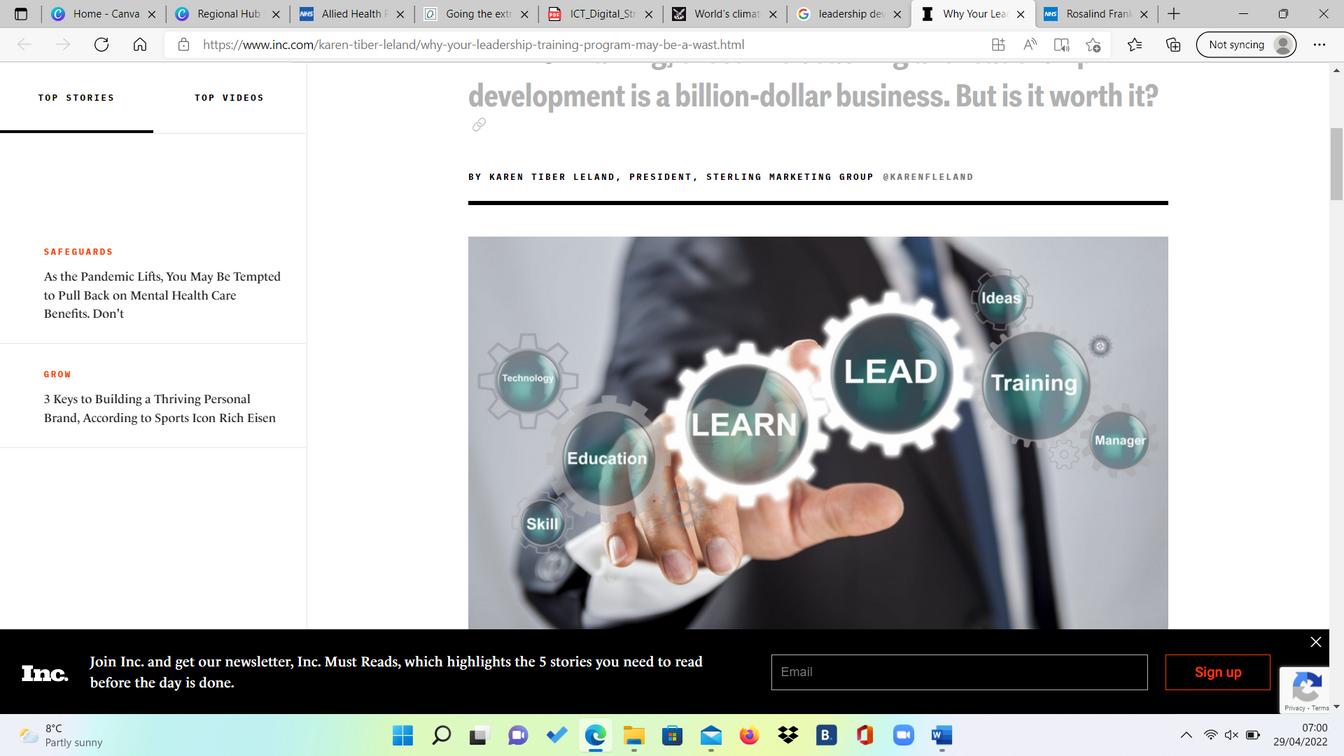

May 2022


Leadership courses available to AHPs
There is a plethora of leadership programs available, including those on offer via the NHS Leadership academy; starting with the Edward Jenner programme, aimed at those moving into their first leadership post right through to the Nye Bevan course aimed at those planning to move into a board level position and leadership courses aimed specifically at our BAME communities. The AHP Federation has also recently advertised a leadership programme aimed at future leaders of professional associations. Your NHS Trust will also have a range of learning opportunities, which might include strategic leadership bootcamps, management and leadership development seminars, high performance leadership workshops and applied emotional intelligence seminars.



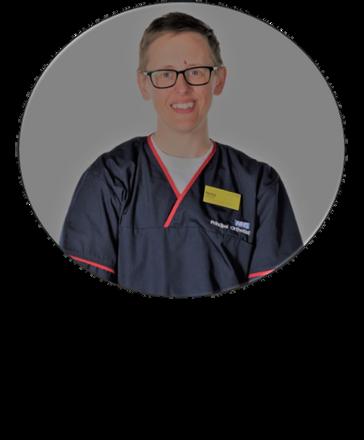
Dr Ros Leslie is the Non-Medical Research Lead and Chief AHP Edward Lee – Clinical Lead for Inpatient Physiotherapy and Occupational Therapy Dr Nicky Eddison is an Associate Professor and AHP Research Lead.

May 2022











